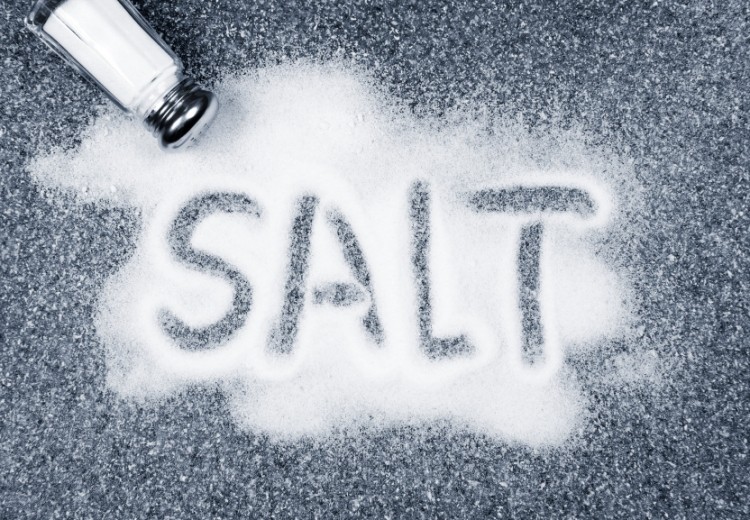
A recent study conducted by researchers at Kyungpook National University Hospital in South Korea revealed that adopting a salt-free diet can substantially diminish the likelihood of cardiovascular diseases, such as heart attacks and strokes, by nearly 20 percent. The study emphasized that individuals who habitually incorporate salt into their meals face a 22 percent higher risk of experiencing atrial fibrillation compared to those who either never (18 percent) or occasionally (15 percent) add salt.
Atrial fibrillation is characterized by an irregular and often rapid heart rhythm, which can result in the formation of blood clots within the heart. This condition elevates the susceptibility to complications like stroke, heart failure, and other cardiac-related issues. Notably, individuals diagnosed with atrial fibrillation are five times more prone to suffering a stroke.
Lead author Yoon Jung Park of Kyungpook National University Hospital stated, “Our findings suggest a correlation between infrequent salt usage in meals and a decreased risk of atrial fibrillation.”
The research, unveiled at the European Society of Cardiology conference in Amsterdam, centered on an analysis of data derived from 395,682 British individuals aged between 40 and 70. These participants were monitored over an 11-year period.
Furthermore, the study’s results indicated that transitioning from habitual salt usage to “occasional” usage could lead to a 12 percent reduction in atrial fibrillation risk.

James Leiper , the professor of the renowned British Heart Foundation pointed the well-established association between excessive salt consumption and adverse health outcomes in human being, including elevated blood pressure. Excessive blood pressure, aside from heightening the chances of heart attacks and strokes, also poses the potential to inflict damage on the heart, ultimately culminating in atrial fibrillation.
While sodium stands as a vital nutrient, an excessive intake of salt positions it as the foremost risk factor for fatalities linked to diet and nutrition. Although table salt (sodium chloride) constitutes the primary source of sodium, other seasonings like sodium glutamate also contain significant amounts.
In a significant move, the World Health Organization (WHO) in March urged nations to undertake substantial endeavors to curtail salt intake, thereby mitigating the risks of cardiovascular issues, strokes, and cancers.
Through an unprecedented global report on sodium intake reduction, WHO highlighted the world’s insufficient progress towards achieving its global objective of reducing sodium consumption by 30 percent by 2025. The report underscored that a mere 5 percent of countries have enacted mandatory and comprehensive sodium reduction policies. In contrast, a considerable 73 percent, including India, have yet to implement a comprehensive range of such policies.
The WHO emphasized that the implementation of cost-effective sodium reduction policies could potentially save around seven million lives worldwide by the year 2030.






